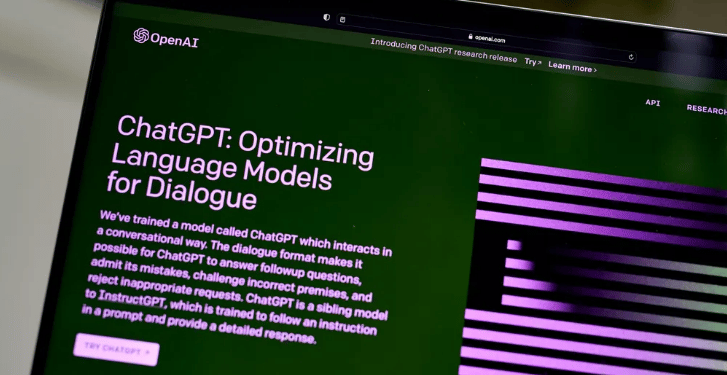Best and Worst Use Cases of ChatGPT for SEO
As a top AI language model, ChatGPT can be used to generate responses to questions in natural language that resemble those of a human. This article will examine the greatest and worst uses of ChatGPT for SEO as well as how it may be utilised to enhance a website’s search engine optimization.
What is ChatGPT?
A pre-trained transformer-based AI language model called ChatGPT was created by OpenAI and is capable of producing excellent text in response to natural language requests. ChatGPT can produce human-like responses to any query after being educated on a vast amount of text data. A flexible language model, ChatGPT can be tailored to do certain tasks including text classification, summarization, and question-answering.
How can ChatGPT be used for SEO?
Best and Worst Use Cases of ChatGPT for SEO
Websites can use ChatGPT to produce excellent, SEO-friendly content. The following are some of the top uses for ChatGPT in SEO:
- Creation of content: ChatGPT can be used to produce excellent, SEO-friendly content for websites. Any topic can be used to generate material with ChatGPT, and the generated content can be modified and SEO-optimized.
- ChatGPT can be utilised for keyword research to find highly valuable keywords for a website. For the purpose of SEO optimization, ChatGPT can produce a list of keywords associated with a certain subject.
- Optimization of existing content: ChatGPT can be used to improve the current material on a website. Alternative versions of the material can be produced using ChatGPT, and those versions can be SEO-optimized.

Here are some of the worst use cases of ChatGPT for SEO:
- Content duplication: ChatGPT should not be utilised to produce content duplication for a website. Content that is identical to or strikingly similar to other content on the internet is referred to as duplicate content. Because search engines can’t tell which version of the information is the original, duplicate content might hurt a website’s SEO. Search engines may punish a website by decreasing its rating or eliminating it from the search results if it has a lot of duplicate material.
- Stuffing content with keywords: ChatGPT should not be utilised to produce overly keyword-rich text. The act of cramming a piece of text with too many keywords in an effort to influence search engine rankings is known as keyword stuffing. Because it can make the text difficult to read and can have a negative impact on the user experience, keyword stuffing can hurt a website’s SEO. Websites that use keyword stuffing may be punished by search engines, who may delist them from the search results or degrade their rating.
- Low-quality material: ChatGPT shouldn’t be utilised to produce content for websites that is of a low calibre. Poorly written, useless to users, or unrelated to the subject of the website are all examples of low-quality material. Because search engines favour high-quality, user-friendly material, low-quality content might hurt a website’s SEO. Search engines may punish a website by decreasing its ranking or eliminating it from the search results if it has a lot of low-quality content.
Conclusion: Best and Worst Use Cases of ChatGPT for SEO
In conclusion, ChatGPT is a powerful AI language model that can be used to improve the SEO of a website. ChatGPT can be used for content creation, keyword research, and content optimization. However, ChatGPT should not be used for generating duplicate content, keyword stuffing, and low-quality content. By using ChatGPT in the right way, a website can improve its SEO and rank higher on search engines.